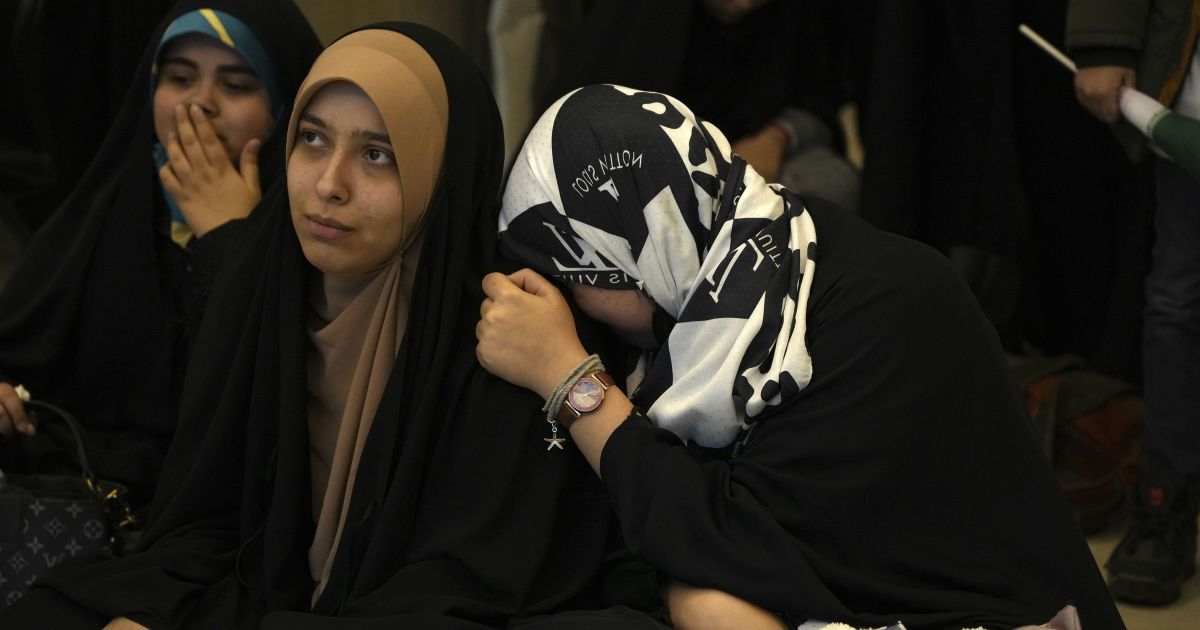In
Iran,
the second participant of the anti-government protests, which are currently ongoing in the country, was hanged.
He was accused of killing security forces.
Reuters writes about it.
"Majid Reza Rahnavard was publicly hanged in (the holy Shia city of) Mashhad this morning... He was sentenced to death for 'waging war against God' after he stabbed two security forces," it said.
What is known about the execution of Protestants in Iran
This is the second execution related to anti-government protests in Iran.
Another demonstrator, Mohsen Shekari, was hanged on December 8 for stabbing a security guard and blocking traffic on a Tehran street.
Human rights groups said Shekari was tortured and forced to confess, and the United States and its allies condemned the execution.
Human rights group Amnesty International said
Iranian authorities are seeking the death penalty for at least 21 people
as a result of "sham trials aimed at intimidating those involved in the popular uprising that has rocked Iran".
According to the human rights group HRANA, as of December 11 , 488 protesters,
including 68 minors, as well as 62 members of the security forces, have died
in Iran .
According to their data, 18,259 demonstrators were arrested.
According to the United Nations,
more than 300 people died during the protests
, and Iran's top state security agency said the riots claimed the lives of 200 protesters and security forces.
What caused the protests
Discontent in Iranian society has been growing for a long time.
The catalyst for an unprecedented wave of popular indignation was the death of a 22-year-old girl who was detained by the moral police for wearing a hijab freely.
The spontaneous protests quickly turned into a nationwide act of defiance against the regime that ruled after the 1979 Islamic Revolution.
Women and girls across Iran are burning their hijabs and cutting their hair on camera.
Following them, women all over the world, from Syria to France (and even those who wear the hijab voluntarily) are doing the same in solidarity.
The hijab
- a cloth covering covering the face and body - became mandatory for women in Iran after the victory of the Islamic revolution in 1979.
Those who violate the strict rules of wearing it on the street can be attacked and arrested.
Read also:
In Iran, two French citizens were forced to confess to being spies and instigators of mass protests
An Iranian rock climber competed without a hijab and risks going to jail
Iran summons the ambassadors of Great Britain and Norway due to protests
The Iranian football player was sentenced to death - mass media
